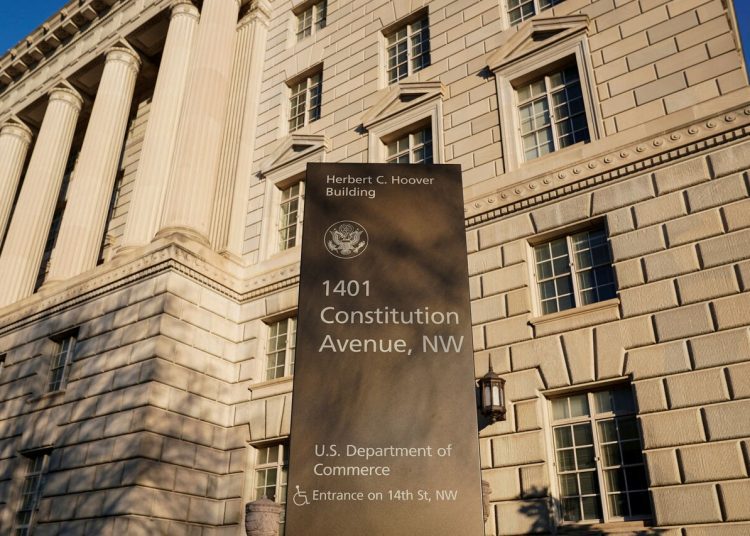The New York Times newspaper has just published an editorial in which it assesses the pros and cons of U.S. economic sanctions on other countries, basically focusing on the cases of Venezuela and Syria. The case of Cuba, which has suffered an embargo for more than 60 years, is briefly addressed.
“There is nearly universal consensus that certain egregious violations of international laws and norms demand a forceful and concerted response. Think only, for example, of Russia’s invasion of Ukraine or the development of nuclear weapons capabilities in Iran and North Korea. Harsh economic sanctions have long been viewed as the answer,” says the newspaper. Sanctions on North Korea are not exclusively American but are supported by the United Nations.
But, the Times said, “the eternal question, though, is: What comes next? When do sanctions stop working? Or worse, when do they start working against the United States’ best interests?”
According to the newspaper, “these are important questions because, over the past two decades, economic sanctions have become a tool of first resort for U.S. policymakers, used for disrupting terrorist networks, trying to stop the development of nuclear weapons and punishing dictators.”
The number of names on the Treasury Department’s Office of Foreign Assets Control sanctions list has increased more than tenfold over the past decade, from 912 in 2000 to 9,421 in 2021, mainly due to the increasing use of bank sanctions against individuals. For example, the Trump administration added about three names a day to the list, a figure surpassed last year with the series of sanctions President Biden announced after the Russian invasion of Ukraine.
Policymakers, the newspaper argues, turn to sanctions so often in part because they are considered low cost, especially compared with military action. In reality, the costs are substantial. They are borne by banks, businesses, civilians and humanitarian groups who assume the burden of putting them into practice, complying with them and mitigating their effects. Sanctions can also affect vulnerable, often poor people living under repressive governments, as academics are increasingly documenting.
“Officials rarely factor in such costs. While sanctions are easy to impose — there are dozens of sanctions programs administered by multiple federal agencies — they are politically and bureaucratically difficult to lift, even when they no longer serve U.S. interests. What’s worse, sanctions also escape significant public scrutiny. Few officials are held responsible for whether a particular sanction is working as intended rather than needlessly harming innocent people or undermining foreign policy goals,” the newspaper emphasized.
However, the problem seems to be whether these sanctions have realistic objectives and whether their enforcement achieves the intended goals. It is notable that the sanctions against South Africa and Poland were aimed at achieving free and fair elections, not regime change. Sanctions aimed at regime change often encourage defiance, not reform. “They have a terrible track record, as the cases of Cuba, Syria and Venezuela make clear,” The New York Times pointed out.
One solution to the problem would be the expiration of sanctions, which generally drag on indefinitely, as is the case in Cuba.
“Once the government begins conducting systematic reviews of existing sanctions, it’s crucial to ensure that any sanction imposed can be reversed.
“Consider the most glaring failure to do this: the open-ended trade embargo against Cuba. President John F. Kennedy put the embargo in place in 1962 with the stated goal of isolating the present government of Cuba and thereby reducing the threat posed by its alignment with the Communist powers,” and nothing has been done to reverse it.
“In the years since, American presidents have sent wildly different messages about what it would take to remove sanctions. Barack Obama moved to lift many of them in 2014 — an effort that Donald Trump reversed three years later. Last year Mr. Biden lifted some of the Trump-era sanctions. Yet only an act of Congress can end the embargo,” it added.
Peter Harrell, who served on the National Security Council staff under Biden, argues that the sanctions should automatically expire after a certain number of years unless Congress votes to extend them. That would reduce cases of sanctions that last decades, long after U.S. policymakers have given up on sanctions achieving their goals.









